Flammable liquid and vapor.
Keep away from heat/sparks/open flames/hot surfaces.
No smoking. Keep out of reach of children.
The Fauna Marin KH/Alkalinity Test allows for the very precise determination of the carbonate hardness of aquarium water with an accuracy of 0.1 °dH via titration. The easily recognizable color change occurs from turquoise blue to pink.
The details:
- Measuring range: 0.1 – 20 °dH
- Resolution (accuracy): 0.1 °dH
- for the highly precise determination of carbonate hardness/alkalinity in the aquarium
- Measurement in °dH (conversion table for other units included in the instructions for use)
- sufficient for approximately 100 applications at 0.2 °dH resolution or 50 tests at 0.1 °dH resolution (and at a KH of 10 °dH)
Carbonate hardness/alkalinity test PRECISION for saltwater aquariums
Measuring range: 0.1 - 20 °dKH
About carbonate hardness:
The carbonate hardness (KH)* or alkalinity* of a water sample characterizes the buffering capacity, i.e. the ability to maintain the pH value of the water. This is largely determined by the proportion of bicarbonate ions in the water. As the pH value increases, other basic ions such as hydroxide ions also contribute to alkalinity. The carbonate hardness should be checked regularly in all aquariums. If the alkalinity in the aquarium is too low, a drop in the pH value (acid drop) can occur, which is life-threatening for many fish and invertebrates. In reef aquariums, sufficient carbonate hardness is essential for strong coral growth. On the other hand, excessive carbonate hardness in saltwater tanks can lead to limescale precipitation and also negatively affect coral growth.
*In water chemistry, several terms exist to describe buffering capacity, each with different definitions. In aquaria, the term "carbonate hardness" is commonly used; however, alkalinity is what is measured. In this test, both terms are used interchangeably.
Carbonate hardness is usually expressed in degrees German hardness (°dKH). A table for conversion to other common units (such as the equivalent unit millivalves per liter (mval/l) or the amount of substance in mmol/l) can be found on the cover.
In the oceans, carbonate hardness is 6.5 °dKH. In saltwater aquariums, the carbonate hardness should be between 6 and 9 °dKH.
Package contents :
- 10 ml Reagent A
- 50 ml Reagent B
- 1 glass cuvette 10 ml
- 1 dosing syringe 5 ml
- 1 dosing syringe 1 ml with attachment
- 1 instruction manual
To protect the environment, the reagents for the KH / Alkalinity Test PRECISION are also available as an inexpensive refill pack!
Safety instructions:
CAUTION: Flammable liquid and vapor. Keep away from heat/sparks/open flames/hot surfaces. No smoking. Keep out of reach of children.
Shelf life and storage: 6 months after opening. Store in a cool, dark place.
Package contents:
- 10 ml Reagent A
- 50 ml Reagent B
- 1 glass cuvette 10 ml
- 1 dosing syringe 5 ml
- 1 dosing syringe 1 ml with attachment
- 1 instruction manual
To protect the environment, the reagents for the KH / Alkalinity Test PRECISION are also available as inexpensive refill packs!
Flammable liquid and vapor.
Keep away from heat/sparks/open flames/hot surfaces.
No smoking. Keep out of reach of children.

